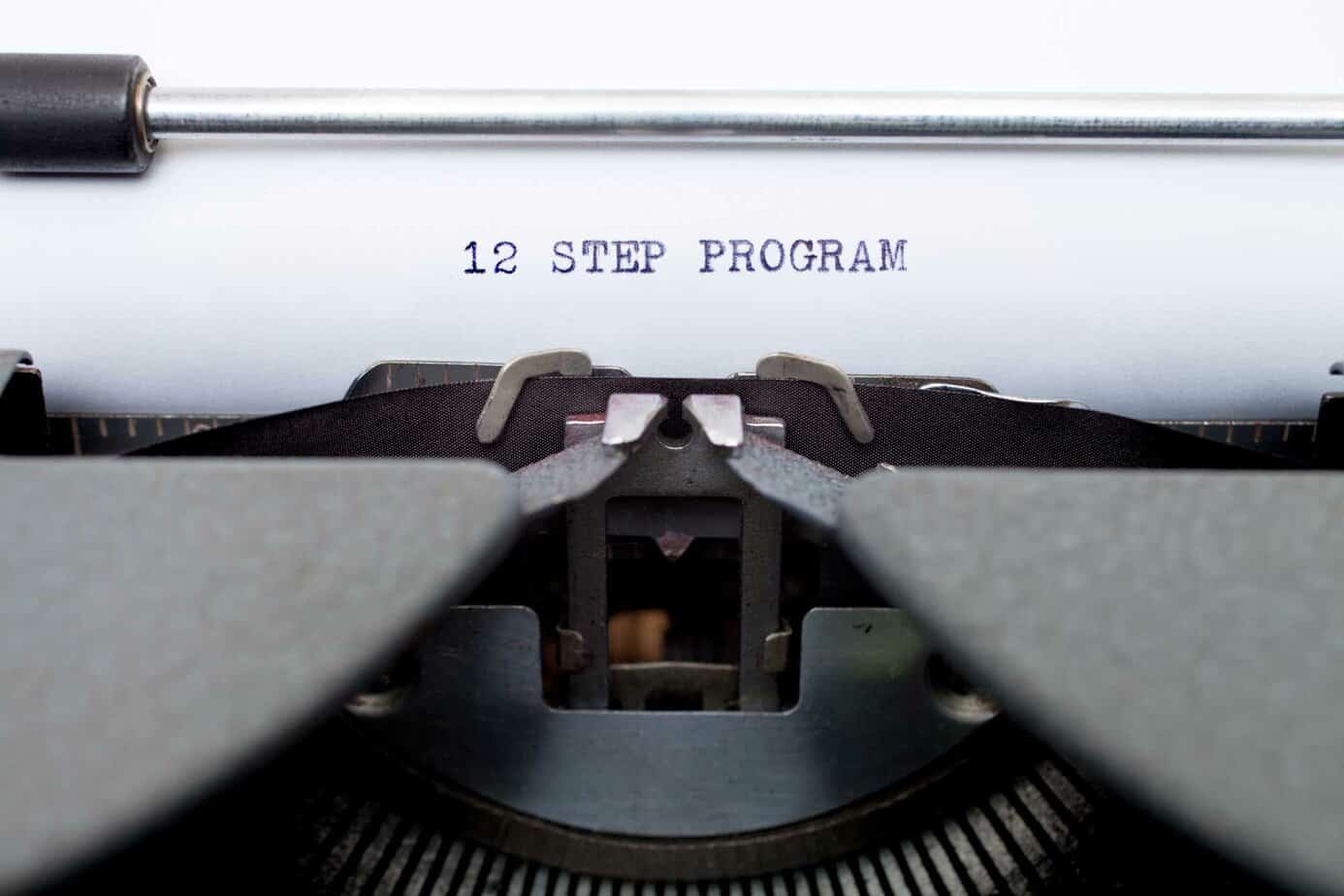Key Takeaways: This article provides a glossary of key terms, acronyms, and phrases used in Alcoholics Anonymous (AA), aiming to demystify the unique language of the recovery program. It also outlines the various types of AA meetings, such as open, closed, discussion, and speaker meetings, to help individuals find the right support environment. The piece emphasizes the importance of understanding AA terminology for those navigating their recovery journey and engaging with the AA community.
If you’re new to the program, understanding the world of Alcoholics Anonymous (AA) can be both enlightening and overwhelming. Unique AA terminology, filled with specific terms, AA words, and sayings, serves as a vital tool for communication and understanding within the recovery community. Read on to learn more about AA slogans and sayings that will provide you with a comprehensive glossary of key terms and an overview of the various types of meetings offered. Whether you’re just starting your recovery journey or looking to deepen your understanding of AA meetings, this guide will empower you with the knowledge you need.
Understanding AA Words & Terminology
Common Terms and AA Acronyms
- AA (Alcoholics Anonymous): Founded in 1935, AA is a fellowship of individuals who share their experiences, strengths, and hopes with each other to solve their common problem of alcoholism.
- The 12 steps of AA: These are the guiding principles of AA, outlining a course of action for recovery. The steps promote self-reflection, accountability, and personal growth. They are seen throughout AA literature and AA books.
- Higher Power: This term refers to a spiritual entity or force that individuals can turn to for strength and guidance in their recovery. The concept is open to personal interpretation, allowing members to define it in a way that resonates with them, and is present in non-religious AA meetings and secular AA meetings as well.
- Sponsorship: AA sponsorship is a relationship between a more experienced member (the sponsor) and a newcomer (the sponsee). The sponsor provides guidance, support, and accountability throughout the recovery journey.
- The Big Book: Officially titled “Alcoholics Anonymous,” this foundational text outlines the program’s principles, personal stories of recovery, and the 12 Steps of AA. It serves as a crucial resource for members.
- Crosstalk: This term refers to the practice of interrupting or speaking over someone else during a meeting. It also refers to directly replying to another member during one’s own share – AA members are not there to give advice during the meeting. It is generally discouraged in AA meetings.
- Triggers: These are stimuli that can provoke cravings or temptations to drink. Recognizing and managing triggers is an essential part of maintaining sobriety.
- Relapse: A relapse occurs when an individual returns to drinking after a period of sobriety. It is often seen as a part of the recovery process, and many members emphasize that it doesn’t mean failure – “One Day at a Time” is an AA tenet.
- Hitting bottom: This phrase describes the moment when an individual realizes that their addiction has caused significant personal, professional, or emotional damage. It often catalyzes seeking help. AA 24-hour hotlines are available for those who need immediate help.
- Service work: Engaging in service work means volunteering time and effort to help others in the recovery community. It can include following the AA group conscience, speaking at meetings, organizing events, or mentoring newcomers, and is often seen as a vital part of maintaining sobriety.
- SOBER: “Son of a B***h, Everything’s Real” – a humorous reminder of the challenges of sobriety.
- HALT: Hungry, Angry, Lonely, Tired – a reminder of the emotional and physical states that can lead to cravings.
- FOCUS: Follow One Course Until Successful – a motivational AA acronym encouraging members to stay dedicated to their recovery journey.
Key AA Words, Phrases, & AA Quotes
- “One Day at a Time”: This phrase emphasizes the importance of focusing on the present moment rather than worrying about the future or dwelling on the past. It encourages members to take their recovery journey step-by-step.
- “Let Go and Let God”: A reminder to relinquish control over situations and trust in a higher power. This phrase encourages acceptance and faith in the recovery process.
- “Keep Coming Back”: These AA words serve as an encouragement for members to continue attending meetings, regardless of their struggles or setbacks. It emphasizes that recovery is a journey, not a destination.
- “Progress, Not Perfection”: This phrase reminds members that recovery is about making gradual improvements rather than achieving an unattainable ideal.
- “Keep It Simple”: In AA, this phrase encourages members to avoid complicating their recovery journey with unnecessary worries or fears.
Types of AA Meetings
You’ll encounter AA words when you attend in-person or virtual meetings. AA offers a variety of meeting formats to accommodate different preferences and needs. Understanding these formats can help you find the right environment for your recovery journey.
Open Meetings
The AA open meeting statement declares that anyone interested in learning about Alcoholics Anonymous, including non-alcoholics. They typically feature speakers sharing their experiences and may include time for open discussion. Open meetings are ideal for friends and family members of individuals in recovery or anyone curious about the program.
Closed Meetings
While both meetings have an AA anonymity statement (“What you hear here, stays here”), closed meetings are reserved for individuals who identify as alcoholics or those who believe they have a drinking problem. This AA meeting format provides a safe space for members to share their experiences and support one another without judgment. Closed meetings often foster a sense of intimacy and trust among participants.
Discussion Meetings
In discussion meetings, a specific topic related to recovery is chosen, and members are encouraged to share their thoughts and experiences. This format promotes open dialogue and allows participants to learn from one another’s insights.
Speaker Meetings
AA meetings with speakers feature one or more individuals who share their personal stories of recovery. These meetings often provide inspiration and motivation for attendees, showcasing the possibility of a fulfilling life in sobriety.
Step Meetings
Step meetings focus on one of the 12 steps of AA during each session. Members discuss their understanding and experiences related to that particular step, fostering a deeper exploration of the program’s principles.
Big Book Meetings
Big Book meetings involve reading passages from the AA Big Book and discussing their relevance to members’ lives. This format helps deepen participants’ understanding of the foundational text and its teachings.
Women’s and Men’s Meetings
These gender-specific meetings create a comfortable environment for individuals to share their experiences and challenges related to recovery. They often allow for more open discussions about issues that may be unique to each gender.
Online Meetings
In recent years, online meetings have become increasingly popular, providing accessibility for individuals who may not be able to attend in-person gatherings. These meetings maintain the same structure and principles as traditional meetings, allowing participants to connect from anywhere.
If you are looking for specific meetings, you can always search for “AA meetings near me,” or if you need Spanish-speaking meetings, look for “Spanish AA meetings near me.”
Understanding AA words and the language and terminology of Alcoholics Anonymous is essential for anyone embarking on the path to recovery. Familiarizing yourself with key terms, acronyms, and meeting formats can help you feel more comfortable and engaged in the AA community. Remember, recovery is a journey that requires patience, perseverance, and support.
If you or someone you know has a problem with alcohol, Mountainside can help. We offer comprehensive and individualized recovery programs, from detox to long-term aftercare. Talk to an admissions specialist today to learn more about your options.
If you or a loved one is struggling with addiction, Mountainside can help.
Click here or call (888) 833-4676 to speak with one of our addiction treatment experts.

 By
By 






